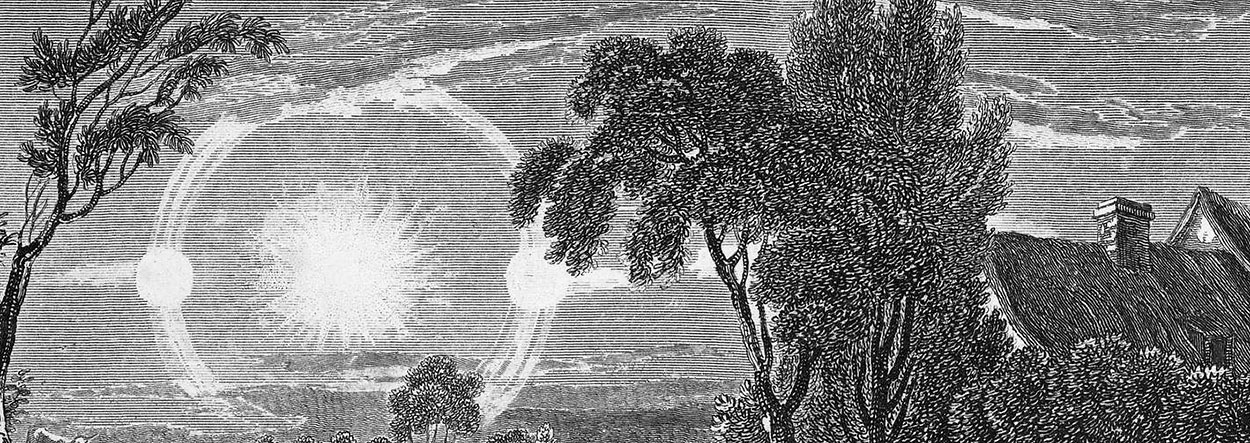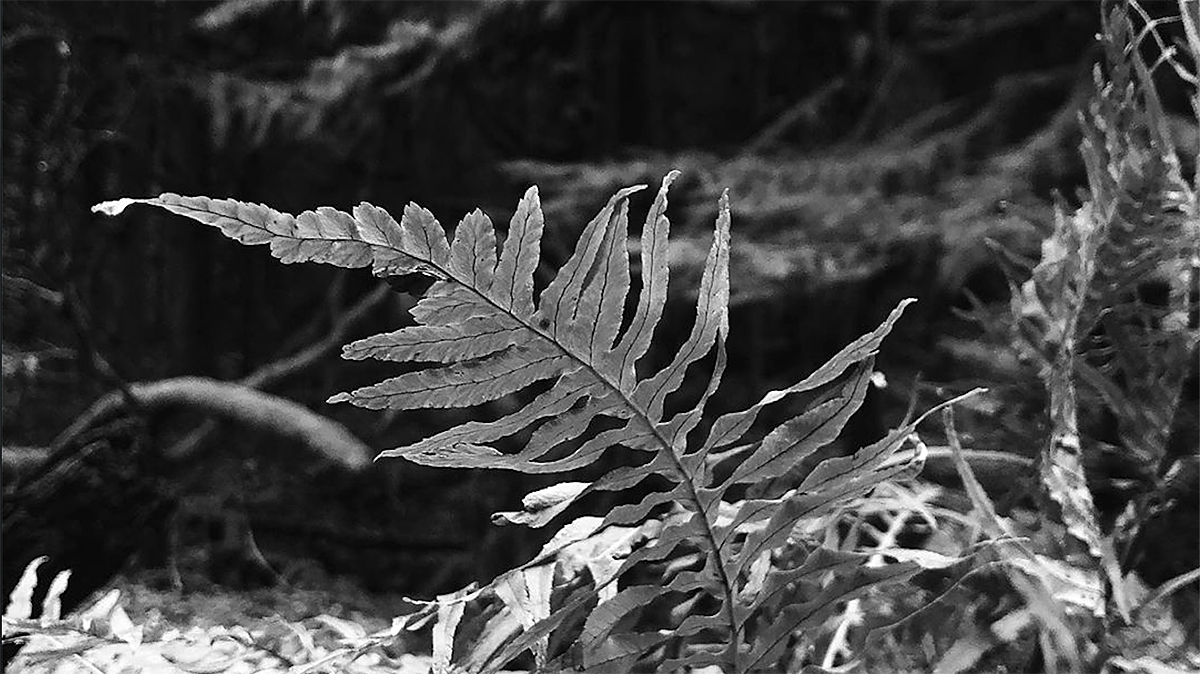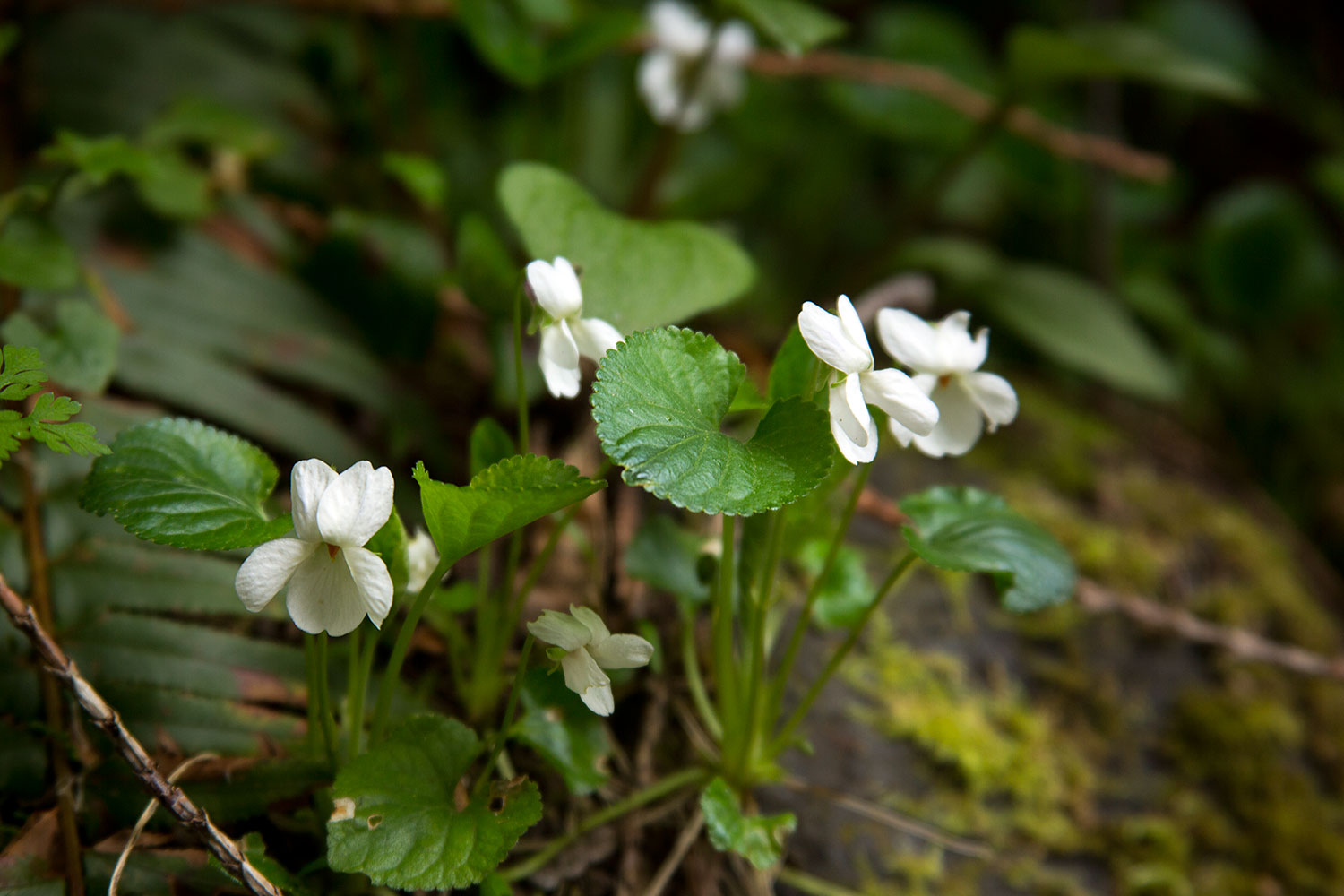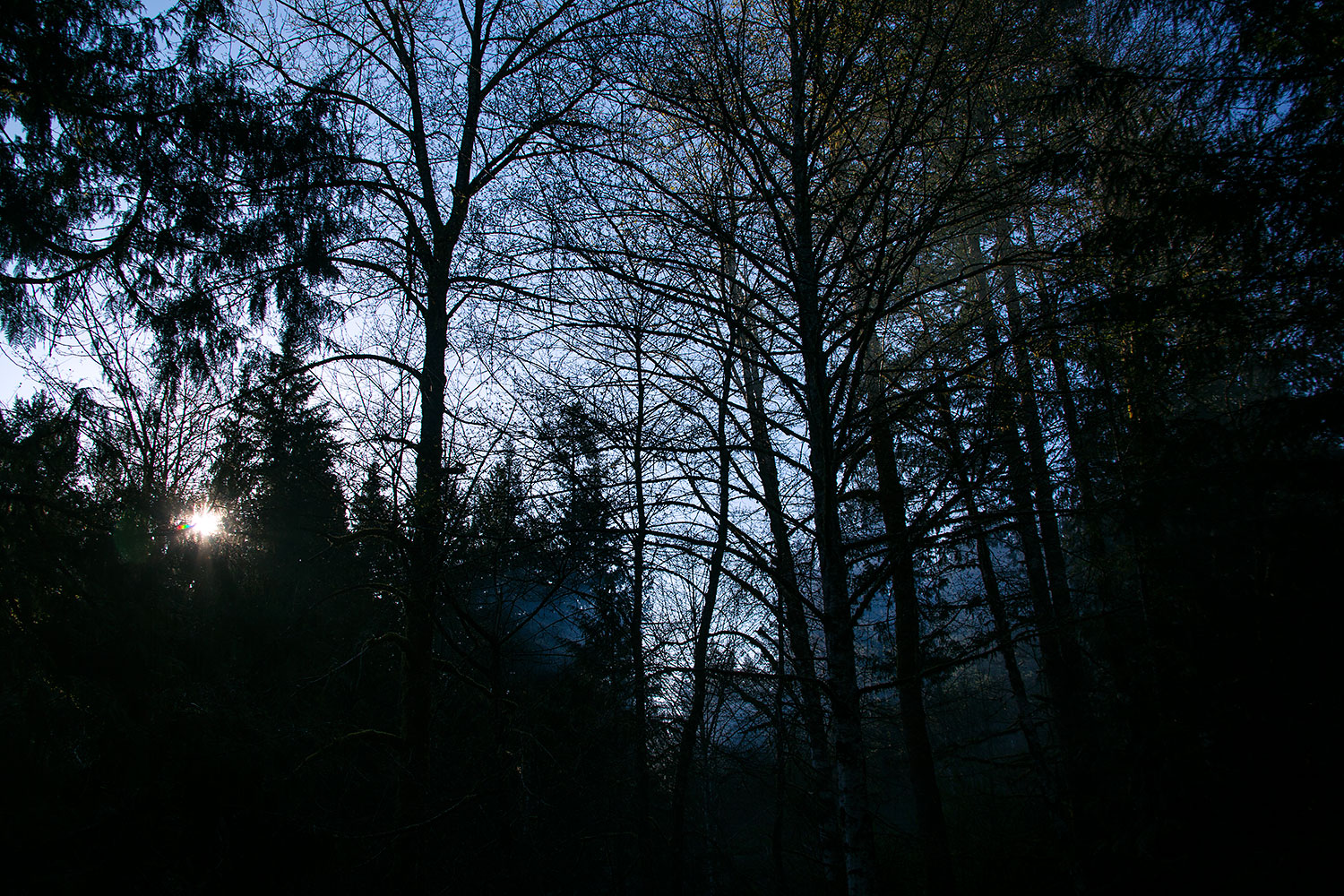April 2020
ignes fatui
4 April 2020, around 5.34.

Part of an engraving from 1820.
Making the daily circuit around the house, I listen to books on tape (because trying to read while walking on ground uneven from frost heaves is imprudent) and become annoyed at the lengthy chatter of background material provided. These are generalist books and start from first principles. After the third or fourth circuit, this loses meaning, as when one says a word repeatedly, and the sound becomes divorced from any sort of sense at all – it is no longer language, only noise. In these turns about the house, I find myself wondering if, for the second-century audience, the Encheiridion of Epictetus wasn’t the same sort of pabulum as The Secret, or if the development of corpora of ancient texts followed the same logic as Vine compilations – a haphazard collection of some things acknowledged universally as interesting, with some snippets very much of their moment, and other bits that perhaps were created by friends of the editor (or otherwise tickled the fancy only of the compiler). I cannot tell if this is clever or stupid, interesting or dull; it is the speculation of idleness, as there is not scope for concentration.
Small pome
5 April 2020, around 4.23.
appetite
alters
everything
restive
beneath words
containing
all meaning
—less
you have
been used
to your beauty
consolations
6 April 2020, around 14.27.

Reading odd bits of books in the evening as consolation for not being able to manage a satisfactory photo of any of the nurse stumps on the short walk through the woods
I love the wind even if, exactly, my imagination tends to give it ferocious shapes and colors. Battered by the wind, I go through the forest, I wander in search of the garden.
alpine violets
17 April 2020, around 5.34.

Every time I see these flowers, either in their purple freshness or in rain-bleached white, I think of the story ‘Ալպիական Մանուշակ’ by Aksel Bakunts; 1 it is a false association, sadly, because the ‘alpine violet’ of the story is a cyclamen, as the red stems would indicate, but I think the mistake is a common one. Indeed, I recall the times students brought in violets for the teachers in the spring – mountain violets, tiny and freshly purple, from the hills above town. They would shyly joke about the ալպիական մանուշակներ and tell me about the Bakunts story in terms so vague that I cannot recall the details. The flowers, wrapped in a damp napkin to keep them fresh, were very like the ones pictured above.
- Bakunts was an Armenian author from Goris, born in 1899, and thrown into jail in 1915 for writing a story making fun of the town’s mayor (who was apparently the sort of mayor who jails teenagers for writing satirical short stories). He was killed in 1937 as part of Stalin’s purges. In our language tutorials, we aspired to read Bakunts because he was a local author and we had visited the house museum, but we always managed to get sidetracked into trying to read Shirvanzade instead. So I have not, in fact, read much of the story in question, save for a few bits and bobs. There does not appear to have been a translation in English, or at least not one that I could find a copy of.[↩]
A view (50)
20 April 2020, around 8.32.

[April] 20th, Tuesday. A beautiful morning. The sun shone. William wrote a conclusion to the poem of the Butterfly—‘I’ve watched you now a full half-hour.’ I was quite out of spirits, and went into the orchard. When I came in, he had finished the poem.
pedestrian
29 April 2020, around 15.23.
It is the small extraordinary things – the excitement of a new pair of pantaloons, the tragedy of a lost pair of gloves, the satisfaction of completing a fair copy to go to the publisher, the suggested tedium of training the maid to mark patterns – that stand out in reading Dorothy Wordsworth’s journals. Although there are headaches and stomachaches and unpleasant heat and cold; although there are unsatisfactory letters and distant friends; although there is not enough time to read and to stuff mattresses and to make the daily bread or pie or tart; although the largest star is always called Jupiter, whether it in fact be Jupiter or no; although the moon has set or risen; there is little occasion for hand-wringing, and there is always washing to hang out on the line and a pleasant walk in some evening ahead.
